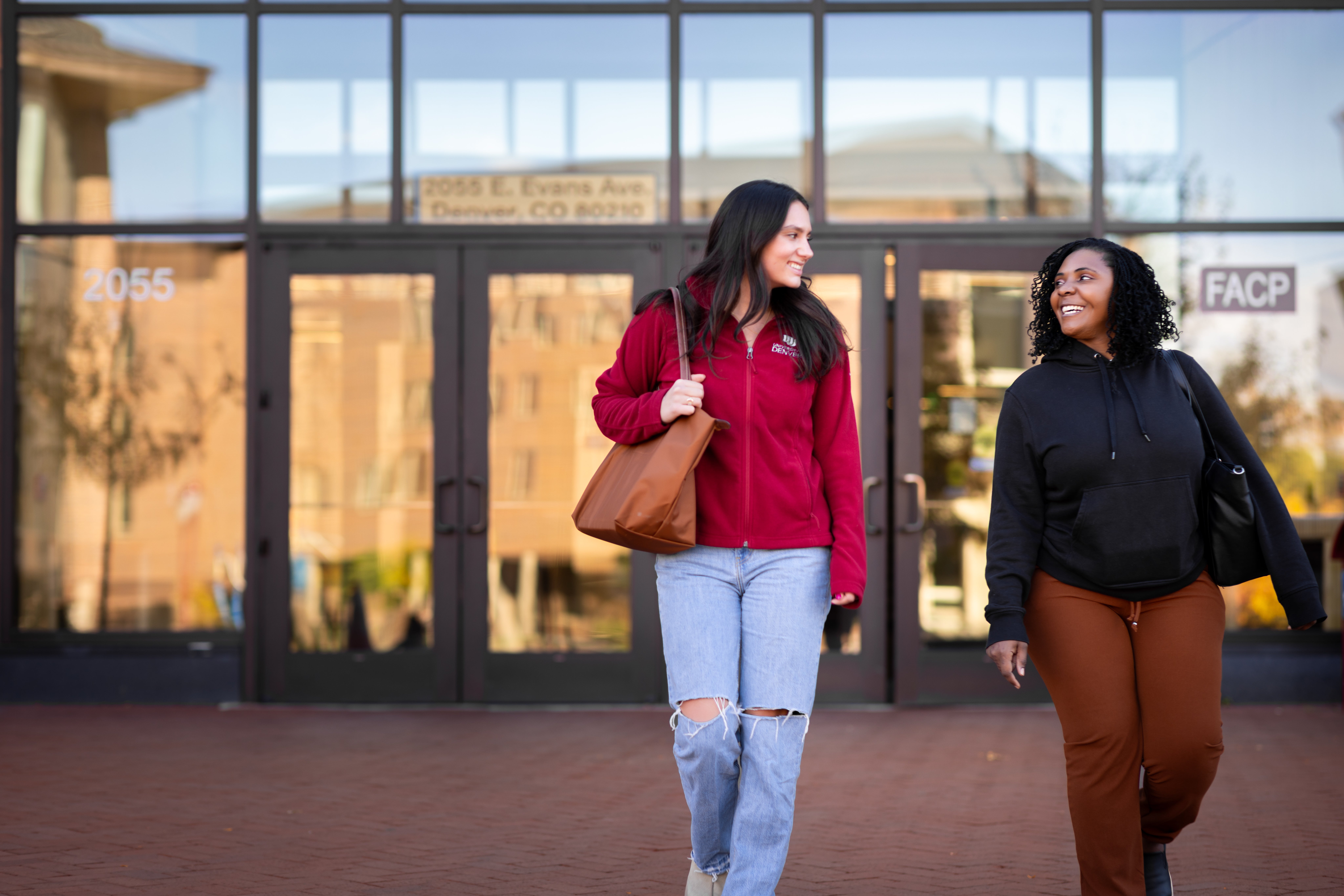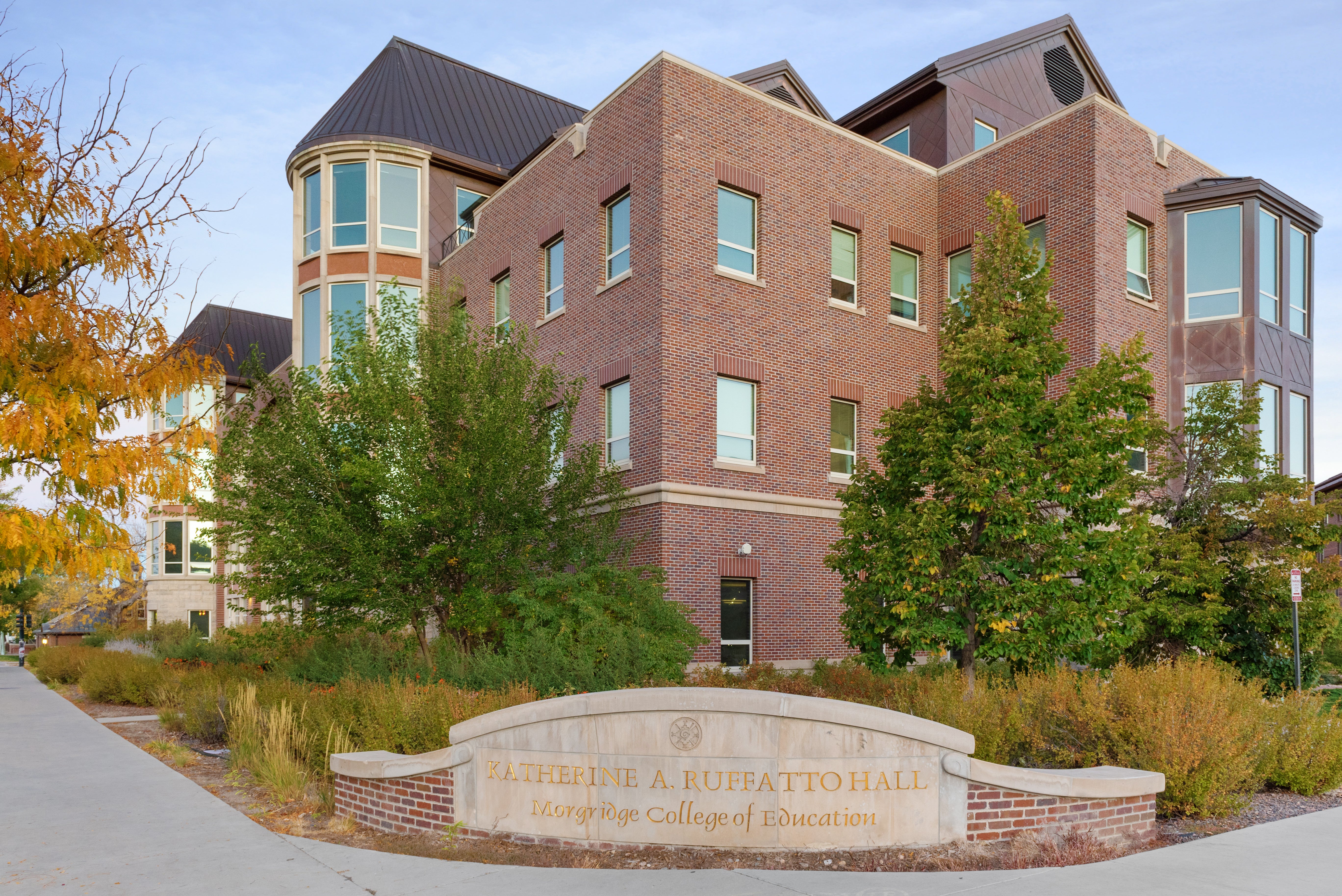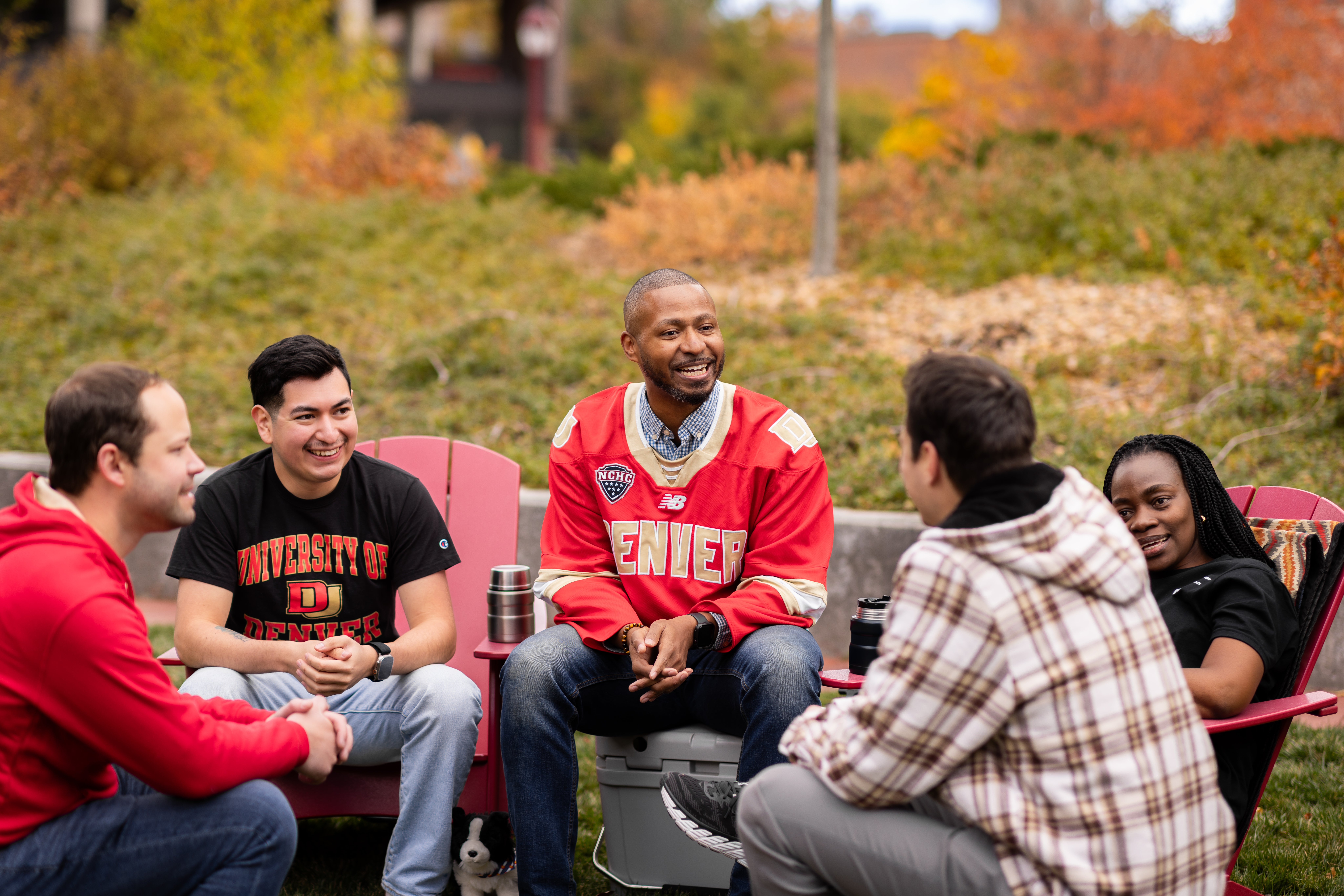Giving the Gift of Connection
How One Mental Health Professional is Breaking Down Barriers to Knowledge and Communication
Dr. Samuel Kim, Assistant Professor of School Psychology is warm, welcoming, and all about connection. For years he has worked to break down barriers to mental health care within the Korean American community. His newest endeavors leverage play, communication, and understanding to give knowledge to communities in need.
Finding the Way
Dr. Kim’s journey to becoming a mental health professional started with a simple question from his supervisor: “Can you look this up?” It was the first of many requests he received from his boss that led him to explore research related to school psychology. To a first-year undergraduate student, her research requests seemed strange. Over time Dr. Kim “realized she wanted [him] to be exposed to it and learn about the field." This exposure would change his trajectory. “It’s kind of how I ended up in school psychology,” said Dr. Kim. His new passion led him on to a graduate degree where his own philosophy began to emerge. “As I went through graduate school, one of the most important ideas that was given to me at the time was, we need to give our profession away,” he said. Ever since Dr. Kim has made it his mission to freely share what he knows with others.
After moving to Dallas, Texas, Dr. Kim began giving away his profession in a new way. He started taking speaking engagements on both local and national stages. It was at these talks, created for the Korean American community, that he began to realize a distinct need. “Very few people asked questions during the Q&A portion,” said. Dr. Kim. It was in private moments after that people would seek him out to ask questions for themselves, their loved ones, or children. Their questions almost always involved how to find care.
“What I started realizing was there are very, very, very few mental health professionals who are Korean American,” said Dr. Kim. The lack of Korean American professionals in psychology could have significant implications. McLean Hospital estimated that within the Asian-American community only 8.6% of people seek out mental health care from professionals, as opposed to 18% of people overall. Dr. Kim said the choice was clear: he had to find more ways to give what he knew to the Korean American community.
Jumpstarting the Conversation
In 2021, a move to Morgridge College of Education reinvigorated his interest. He began researching communication challenges that international students may face while attending school. His current research project, funded by a University of Denver Flowback grant, focuses on breaking down barriers and building new connections. The study uses a commercially-available game called “We’re Not Really Strangers.” The conversation-based card game asks players to answer increasingly difficult questions together. As players answer questions, they move from initial impressions of one another to introspection and reflection. Dr. Kim said he hopes that this study will be a step to further examining differences between cultures and encouraging empathy in others.
But how does a game relate to the community Dr. Kim has dedicated himself to supporting?
Simply put, in Dr. Kim’s experience, first-generation immigrant parents and second-generation children can struggle to connect. The same lack of cross-cultural connections that international students may face can impact second-generation children. “I’m arguing that first-generation immigrant parents and second-generation immigrant children are two separate, distinct cultures living in the same household,” Dr. Kim said. “It comes from my own personal experience just relating with my parents and seeing how their understanding of school was so different from my understanding.” The idea was further cemented by Dr. Kim’s experiences when extended family members immigrated from South Korea. He helped cousins register for school and acclimate to a new culture. By doing this he saw the need for advocacy.
Communication and understanding are not the only challenges that can come up in dual-culture households. As time passes and families get older, Dr. Kim said, knowledge about family histories may be lost. Dr. Kim believes that games may be a pathway to not only building connections but preventing the potential loss of family knowledge.
One of his future research projects will use the game “Parents are Human” to examine how parents and children can learn from each other. The game features a bilingual deck of questions designed to help parents and children learn about each other. As questions become more difficult, in-depth conversations can open the door for meaningful connections to be built.
By using the game as a framework for conversations, Dr. Kim said it can help resolve a classic conundrum for parents and children who may not know how to spend meaningful time together. “We know it’s important,” said Dr. Kim. “But a lot of parents get stuck or analyze and teenagers get stuck asking ‘What am I supposed to do?’” Dr. Kim hopes that participant gameplay can help him to identify generational disconnects in communication and find solutions to them.
Finding a Way Around
Dr. Kim's most recent endeavor focuses on another issue of connectedness and care: the ability of professionals to access research. Psychologists often may face barriers to accessing current research such as potentially pricy fees for journal or database access. An inability to access new research may cause providers to rely on dated information. Dr. Kim hopes to help combat access issues, especially for those interested in Korean American mental health, with his new podcast “Research Sense for Korean American Therapy.”
“Research Sense” is a joint endeavor with Sharon Kim, Executive Director of Mustard Seed Generation. Driven by a passion for research, their goal is to make mental health data digestible and accessible. “We’re both self-proclaimed nerds,” said Dr. Kim. “[Sharon] loves reading these research articles and she would ask me a lot of questions when I shared something with her.” It was during these organic exchanges that Dr. Kim wondered if they could turn their casual conversations into something bigger. “When I started talking to Sharon, we got the idea that neither of us wanted to be on camera,” Dr. Kim said. “But a lot of people listen to podcasts. It’s a regular consumption that many people do, so it seemed like a good direction to go.”
In each 20-minute episode, Dr. Kim and Ms. Kim break down a current research article about a mental health topic within the Korean American community. Episodes to date have dealt with the effects of language brokering, shame and perfectionism, and parent-child relationships. They want to help cultivate cultural empathy by making information both attainable and understandable. “I would hope that someone who doesn’t have that background, they’re able to glimpse a culture and a community that’s a little bit different,” said Dr. Kim. “I think other mental health professionals who may not work with Asian Americans might get a broader cultural understanding.”
"Research Sense" was described in one review as "sociological 'gold' for any Korean American who is trying to piece together [their] shared/divided heritage."
Dr. Kim said he doesn’t think the podcast will make him famous, but his hopes are more about sharing knowledge to empower listeners. “If there are other fellow academics like me who listen to these episodes, I hope it will inspire them,” said Dr. Kim.
To listen to “Research Sense” check it out on Apple Podcasts, Spotify, or wherever you find your podcasts. Episodes are released on Mondays.


